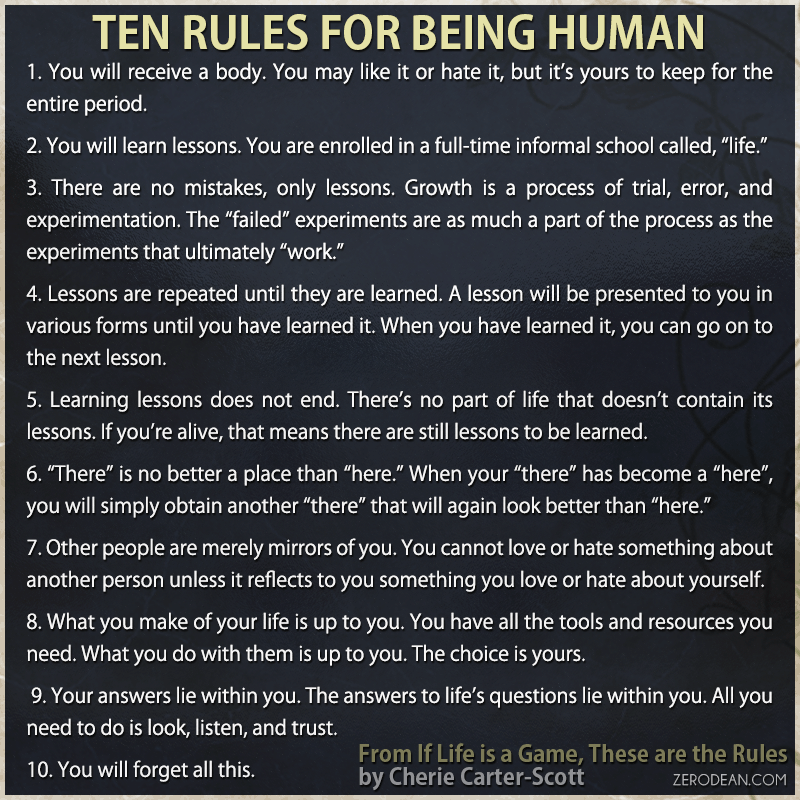God is perfect.
And many people try to be perfect. But often times, perfectionists make life hard on others and themselves. It happens when ideas of perfection do not align with God's; that's when perfection becomes problematic.
Jesus Christ is God's revelation of His perfection. According to Richard Rohr, it is the inclusion of things that do not seem perfect to create a fuller wholeness. In the Bible, from what happened in the Garden of Eden to God's incarnation, death and resurrection, we see Him including many imperfections to give us revelation of true perfection. Wholeness is perfection, not simply doing things right or executing our plans without delay or mistakes. Perfection is not about having things turn out exactly how we envisioned. It's how we take all of our problems in this world, internally and externally, and redeem what was lost through our collective failures and inabilities. Wholeness is folding in our toughest challenges into new, life giving solutions for all.
That's what God has been doing all along.
Jesus belonged to a poor family. He was born in a place for animals. He was a blue collar worker. He connected with those sick and disabled. He attracted those disdained by 'moral, upright' members of society. By a politically corrupt system, He was unjustly persecuted, condemned, tortured and executed. But through the Biblical record, we see meaningful integration—divine power inside human frailty. This is the wholeness we all need. It's the manifestation of the eternal virtues of faith, hope, and love that generate and foster wholeness for the human race.
When we achieve our perfections, are we creating greater wholeness for all? Especially the marginalized and oppressed? Does our perfection include the 1 lost sheep, the lost coin, or the prodigal? If it doesn't, it's not God's perfection. It only becomes part of a degenerative system perpetuating poverty and powerlessness.
With Christ, the incarnation of God, we've been given a radical revelation of true perfection and the means to wholeness.
Jesus said, "I am the gate; whoever enters through me will be saved. They will come in and go out, and find pasture. The thief comes only to steal and kill and destroy; I have come that they may have life, and have it to the full." John 10:9, 10
For the longest time, this was a curious passage for me. Then I came across the idea of how we move from our home base character to engage our environment then return back to our place of rest (true self); meaning there is that which comes naturally to us and there are activities (mental and physical) that take us outside of that. Within those movements, there are stressful directions and restful ones. For example, a big part of my nature is being a maverick. I'm in my element being different, unorthodox, challenging what is normative. When I engage my world with thoughtful observation and investigation, it takes energy and generates stress. But when I move towards being helpful and nurturing, I experience relaxation and relief. I've consistently experienced this in my personal and professional life.
Movement towards stress is part of everyday life. Movement towards peace is needed. To effectively manage this dynamic, we need to operate from our home base, ie. from who we truly are. And not simply from this natural sense of self but being a healthy version of ourselves. If our core identity has been compromised (by trauma, loss, overwhelming pressures), we're living from a false self and this is dysfunctional, delusional, and possibly devastating.
What is Christ's role in this?
He is the entry way into the place of true belonging and peace. When we receive God's gift of unconditional love, we're on the journey to our true self.
But as the gate, He is also the exit point to exploring, experiencing, and engaging all of creation outside of ourselves. His love frees us from the fears of rejection and failure. With His Spirit, we have courage to go beyond our comfort zones to discover what's real and mature into greater wholeness.
Before Christ became a human being, He was the integrating principle of the entire universe. Richard Rohr has articulated this as the pattern of order, disorder, and reorder. We see this manifested in organic and inorganic matter, laws of thermodynamics, and even quantum physics. All matter and energy are governed by the Christ pattern. This is at the core of God's perfection. This is the inclusion of things that do not seem perfect (disorder) to create (reorder) a fuller wholeness.
But what stops us from experiencing this divine pattern/ Christ? Fear. No wonder the Bible contains hundreds of exhortations to not be afraid.
God's remedy? Perfect love.
The apostle John in his first epistle said, "There is no fear in love. But perfect love drives out fear." 1 Jn 4:18
Avoiding or trying to eliminate imperfection, rather than learn how to internalize and reorder it, stops us from growing in wholeness and integration. And as we age, we miss the mark of integrity that fosters true love, joy and peace. We miss out on God’s desired perfection for us.
Center on growth.
Center on what integrates.
This is what matters most and connects us meaningfully with our loved ones, to God, and even the universe. This is the pathway of perfection.








